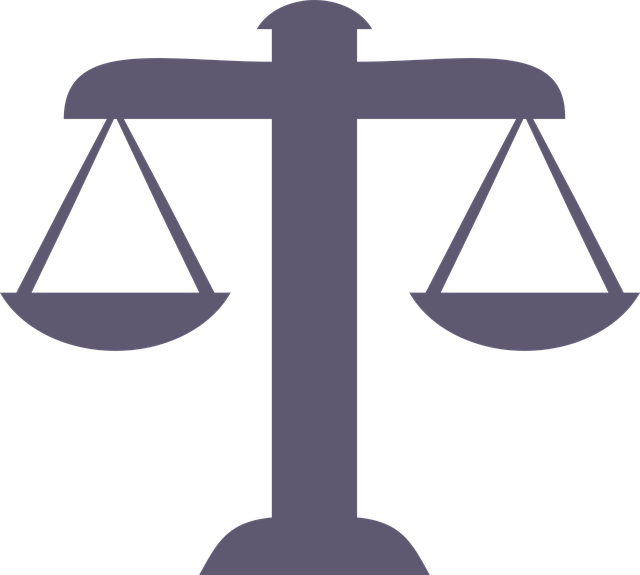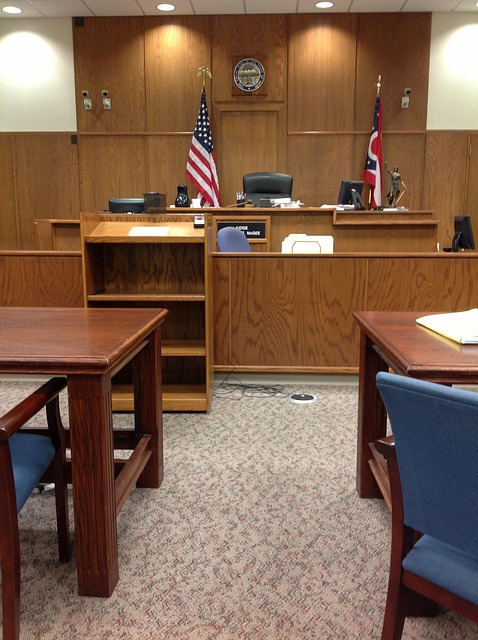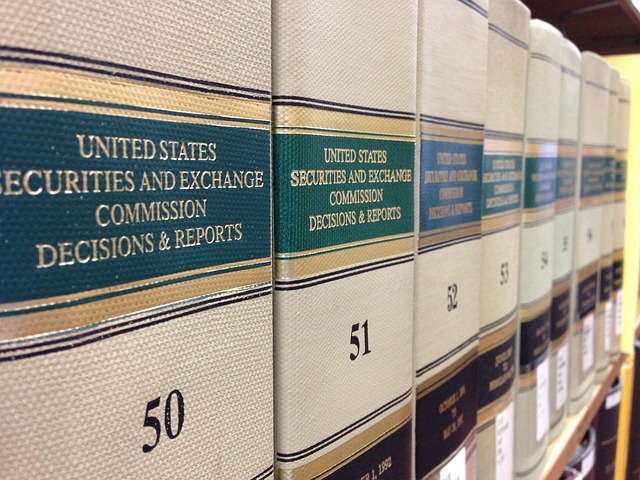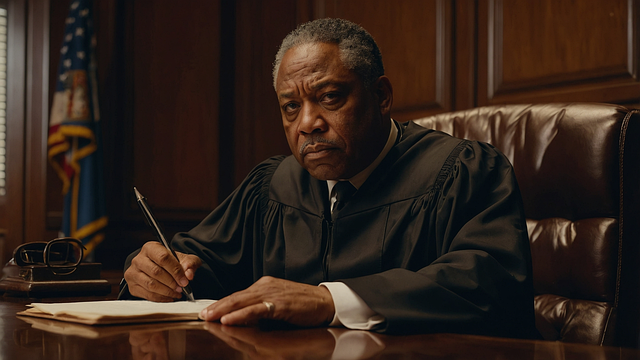RF Regulatory Agency investigations probe RF standards violations, from unauthorized spectrum use to signal interference. Understanding these processes is vital for wireless communication companies and manufacturers. Individuals facing criminal charges, especially after appeals related to RF cases, require expert legal guidance to challenge evidence, testimonies, and trial errors, aiming for reduced sentences or acquittal.
“RF Regulatory Agency investigations are crucial in ensuring compliance with wireless communication standards. This comprehensive guide delves into the intricacies of these inquiries, offering insights on their conduct, appeal processes, and legal rights. From understanding the triggers for RF agency actions to navigating post-investigation consequences, including appealing a criminal sentence decision, this article equips readers with vital knowledge. By exploring these aspects, individuals and entities can better prepare and protect their interests in the dynamic landscape of radio frequency regulation.”
- Understanding RF Regulatory Agency Investigations
- When and How Investigations Are Conducted
- The Appeal Process for Criminal Sentences
- Legal Rights During RF Regulatory Inquiries
- Navigating Post-Investigation Consequences
Understanding RF Regulatory Agency Investigations

RF Regulatory Agency Investigations play a crucial role in ensuring compliance with radio frequency (RF) standards and regulations. These investigations are initiated when there’s reasonable suspicion or evidence of non-compliance, ranging from unauthorized use of RF spectrum to potential interference with other signals. The process involves thorough examination of equipment, operations, and records to verify adherence to legal requirements.
Understanding the intricacies of these investigations is vital for entities operating in the RF space, including wireless communication companies and manufacturers. A key aspect to grasp is the ability to appeal a criminal sentence decision if deemed unjust or erroneous. This is particularly relevant in cases where a general criminal defense strategy could have mitigated charges or avoided indictment altogether, especially across the country where laws and interpretations vary significantly.
When and How Investigations Are Conducted

RF Regulatory Agency investigations are typically initiated when there’s a suspected violation of laws or regulations governing radio frequency (RF) technologies. These probes can range from inquiries into minor infractions to complex, high-stakes cases involving white collar and economic crimes. The process often begins with an initial assessment by agency investigators who review available evidence, conduct interviews, and analyze relevant data.
If sufficient grounds are found, the agency may serve a formal notice of investigation, providing the accused party with details of the allegations and their rights. In some cases, particularly where significant public interest or complex financial transactions are involved, investigations can lead to criminal charges. Individuals facing such accusations, including those related to appealing a criminal sentence decision, should consult seasoned white collar defense attorneys who specialize in navigating these intricate legal landscapes towards a complete dismissal of all charges.
The Appeal Process for Criminal Sentences

When an individual is faced with a criminal sentence decision that they believe to be unjust or incorrect, they have the legal right to appeal. The appeal process for RF Regulatory Agency investigations, involving potential criminal charges such as white collar and economic crimes, can be complex but is designed to ensure fairness. Those accused of such offenses, including those related to white collar defense strategies, have the opportunity to present new evidence, challenge witness testimonies, or argue legal errors made during their initial trial.
Appealing a criminal sentence decision often involves multiple steps, starting with filing a notice of appeal within a specified time frame. The case will then be reviewed by a higher court, which may remand it back for a new trial if they find sufficient grounds for error. In some instances, the jury trials associated with these cases can be pivotal in determining the outcome, as the appellate court examines the evidence and procedures employed during the original trial. A successful appeal could lead to a reduced sentence or even acquittal, providing a measure of relief and justice for those accused of white collar offenses.
Legal Rights During RF Regulatory Inquiries

During RF Regulatory Agency investigations, individuals and companies have specific legal rights that must be understood and protected. When facing such inquiries, it’s crucial to consult with legal professionals who specialize in both radio frequency (RF) technology and regulatory compliance. A robust white collar defense strategy can help navigate these complex proceedings, ensuring the protection of corporate and individual clients’ interests.
The process includes the right to know the allegations, gather evidence, cross-examine witnesses, and present a defense. In the event of an adverse decision, there’s often an opportunity to appeal, especially if new information or interpretations of existing laws can be presented. This is particularly relevant when dealing with severe penalties, such as those stemming from unprecedented track record cases in RF regulatory violations, where the stakes are high and the consequences significant.
Navigating Post-Investigation Consequences

Navigating Post-Investigation Consequences can be a complex and challenging process for any respective business. Following an RF Regulatory Agency investigation, companies often face significant penalties, including monetary fines and, in severe cases, criminal charges. Understanding the legal landscape post-investigation is crucial for mounting an effective defense strategy. If a criminal sentence decision is handed down, appealing the ruling becomes a critical step to mitigate potential long-term damage.
A robust general criminal defense strategy involves thoroughly reviewing the investigation’s findings and gathering evidence to challenge the agency’s determinations. Businesses with an unprecedented track record of regulatory compliance can leverage this to their advantage, presenting their history as proof of good faith efforts. The key lies in navigating the legal complexities, understanding the specific charges, and presenting a compelling case to justify a reduction or dismissal of the criminal sentence.
RF Regulatory Agency investigations can significantly impact individuals and businesses, especially with potential criminal sentence decisions. Understanding your rights and knowing the appeals process, such as appealing a criminal sentence, is crucial during these inquiries. By familiarizing yourself with the procedures outlined in this article—from when and how investigations are conducted to navigating post-investigation consequences—you can better prepare for any outcomes. Remember that legal rights are paramount, ensuring fairness throughout the process.






